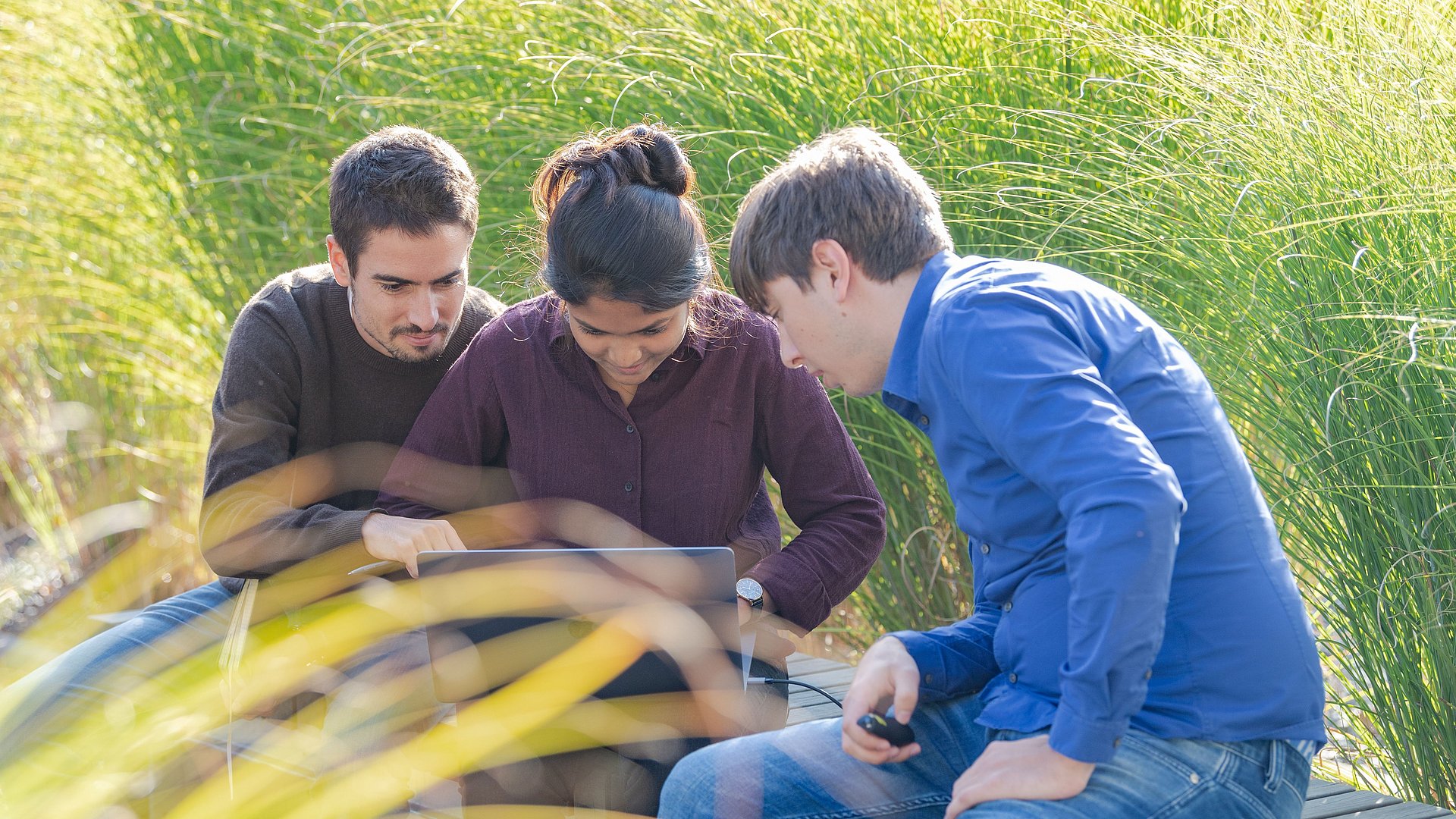Press releases
Sustainability
We are committed to the sustainable transformation of society - scientifically, economically, environmentally and socially. Learn more about our sustainability strategy.
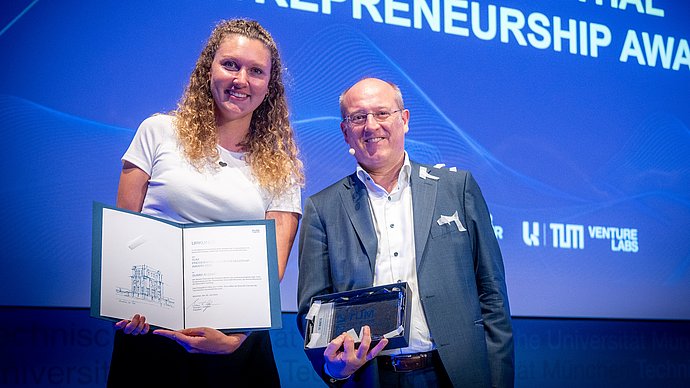
Entrepreneurship Day brings together Munich ecosystem
Presidential Award goes to AI start-up
For the development of an AI tool that translates complex texts into plain language, the start-up SUMM AI has received the TUM Presidential Entrepreneurship Award. The other finalists for this year’s award were KEWAZO, with a robot for the construction industry, and Phlair, with a new technology for CO2 capture.
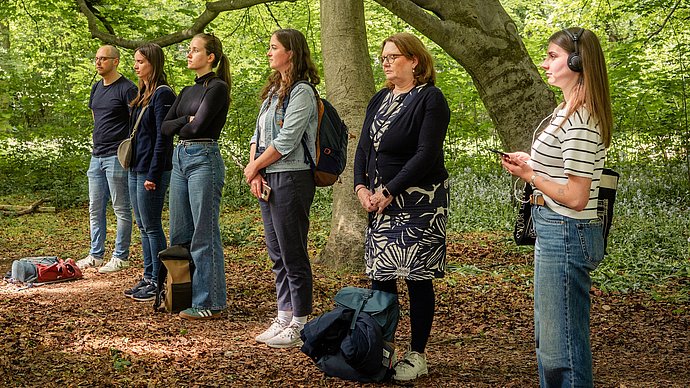
Participatory Research
Exploring the urban soundscape
Take a walk through the city and contribute to research at the same time: Residents of Munich now have the opportunity to do just that through guided soundwalks in the neighborhoods of Au, Neuperlach, and Harlaching. CitySoundscapes, a joint project by the Technical University of Munich (TUM), LMU Munich, and other partners, is looking for curious citizens willing to explore their city in a new way — and help lay the groundwork for concrete ways to improve life in the city.

Imports without guarantees are not competitive
Green hydrogen from Africa much more costly than previously assumed
To meet Europe’s demand for green hydrogen, governments and the private sector have high hopes for production in Africa. A study led by the Technical University of Munich (TUM) has now shown that the financing costs for production facilities in African countries would be much higher than previously assumed. Only 2 percent of around 10,000 investigated locations would be competitive for exports to Europe. This would require price and offtake guarantees from European governments.
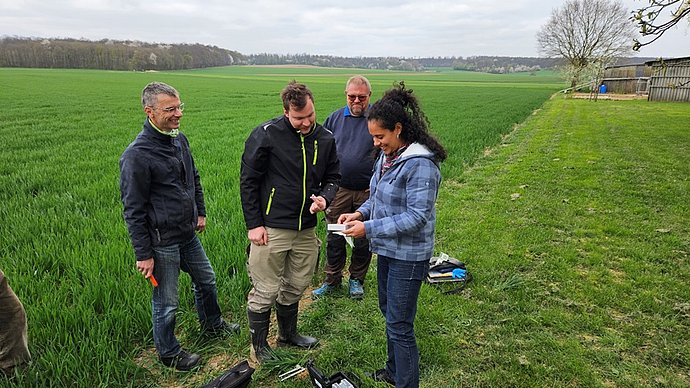
Start-up NutriSen gets the laboratory on the field
Smart fertilization with biosensor strips
Precise fertilization using data from the field and from satellites - that is the idea behind NutriSen, a spin-off from the Technical University of Munich (TUM). The start-up has developed a measuring device and an application that farmers can use to generate highly precise and specific fertilization recommendations for their crops. The aim is to reduce nitrogen input and protect the environment.
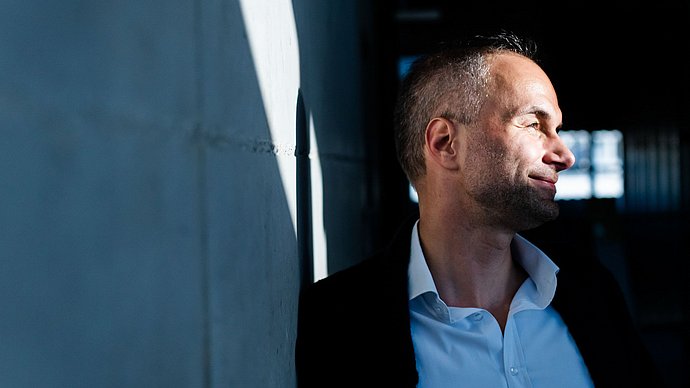
New Cluster of Excellence TransforM
“Studying socio-technical shocks in real time”
The Cluster of Excellence TransforM aims to find new ways of conducting research into how transformative technologies shape societal change. In this interview, TransforM spokesperson Prof. Sebastian Pfotenhauer explains why it is essential for social and engineering sciences to face highly speculative questions, discusses how the public can be involved, and how a cluster of this kind could have enabled a different response to the covid pandemic.
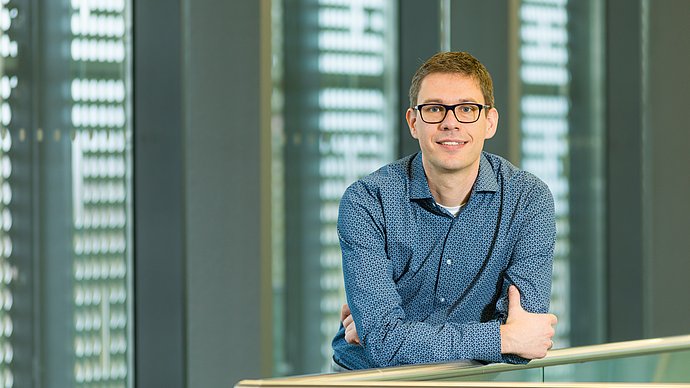
Solar battery based on porous organic material
Sunlight in - power out, long after sunset
This material acts like a solar reservoir – storing energy and releasing it as electricity long after sunset. The captured solar energy can thus also be used to supply electricity in the dark. For the first time, it has been possible to combine solar harvesting and long-term energy storage in a single, metal-free molecular framework – effectively merging the functions of a solar cell and a battery into a single, lightweight, and sustainable system.
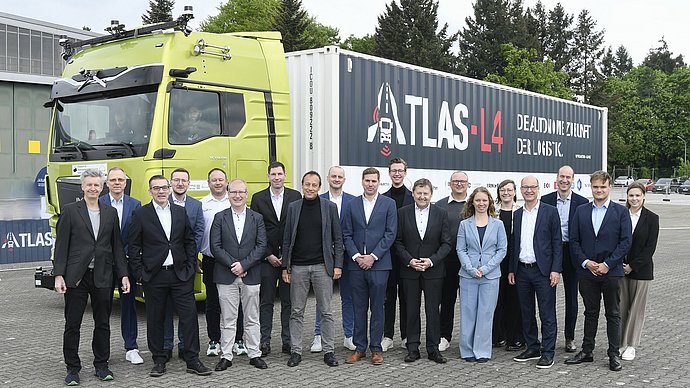
ATLAS-L4 funding project draws a successful balance sheet
Goal achieved: the driverless truck on the road becomes reality
After three years, the twelve project partners from industry, science, software development and infrastructure have successfully completed the ATLAS-L4 research and development project (automated transport between logistics centres on level 4 motorways): The autonomous truck in road transport became a reality thanks to the work of around 150 engineers! MAN Truck & Bus, Knorr-Bremse, LEONI, Bosch, FERNRIDE, BTC Embedded Systems, Fraunhofer AISEC, Technical University of Munich, Technical University of Braunschweig, TÜV SÜD, Autobahn GmbH and the Würzburg Institute of Transport Sciences (WIVW GmbH) have joined forces for this project.
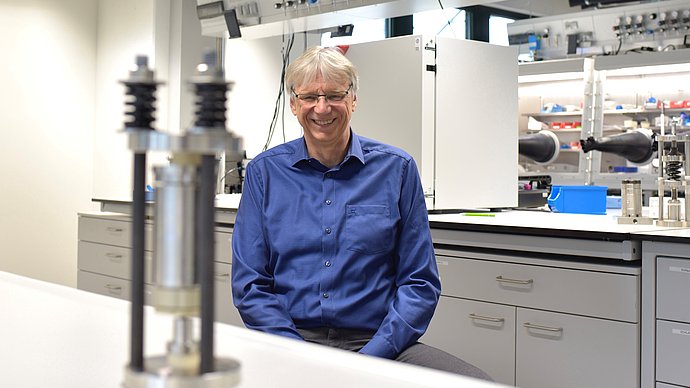
TUM researchers develop new material for solid-state batteries
World record for lithium-ion conductors
Solid-state batteries are considered a key technology for the future: they can store more energy and do not rely on flammable materials like current lithium-ion batteries. Researchers at TUM and TUMint.Energy Research have now taken a significant step towards improving solid-state batteries. They developed a new material made of lithium, antimony and scandium that conducts lithium ions more than 30% faster than any previously known material.
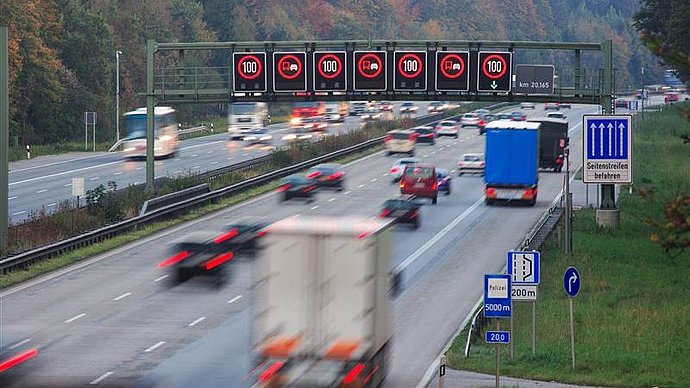
Psychological reasons for responses to speed limits and the like
Why people reject new rules – but only until they take effect
From smoking bans to new speed limits – many people soon stop resisting policy changes that restrict their personal freedom once the new rules come into force. This conclusion was reached in a study conducted by the Technical University of Munich (TUM) and the University of Vienna. The researchers also identified the underlying psychological mechanism to gain important insights for possible communication strategies when introducing such measures.
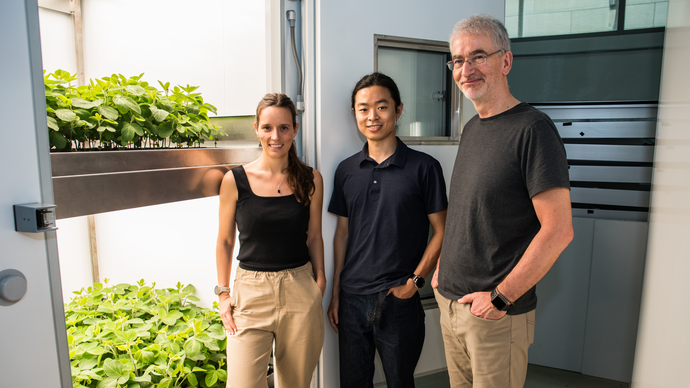
Sustainable proteins for the cities of the future
Vertical Farming to increase yields and reduce environmental impact
Vertical farming can do more than lettuce. A research team headed by TUMCREATE, a research platform in Singapore, led by the Technical University of Munich (TUM), has investigated the cultivation of six food groups in vertical farming: Crops, algae, mushrooms, insects, fish and cultivated meat. In this study, the researchers show the positive effects of vertical farming on both yield and environmental impact and underline its role in future food security.
